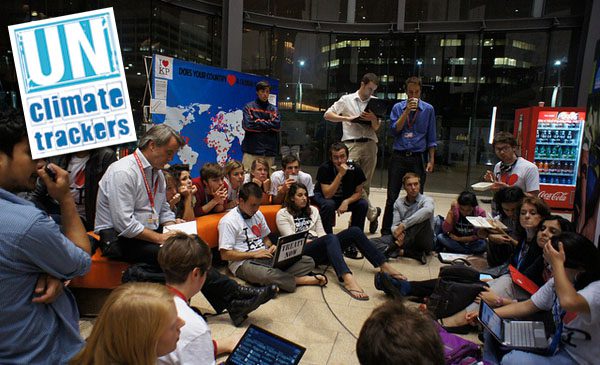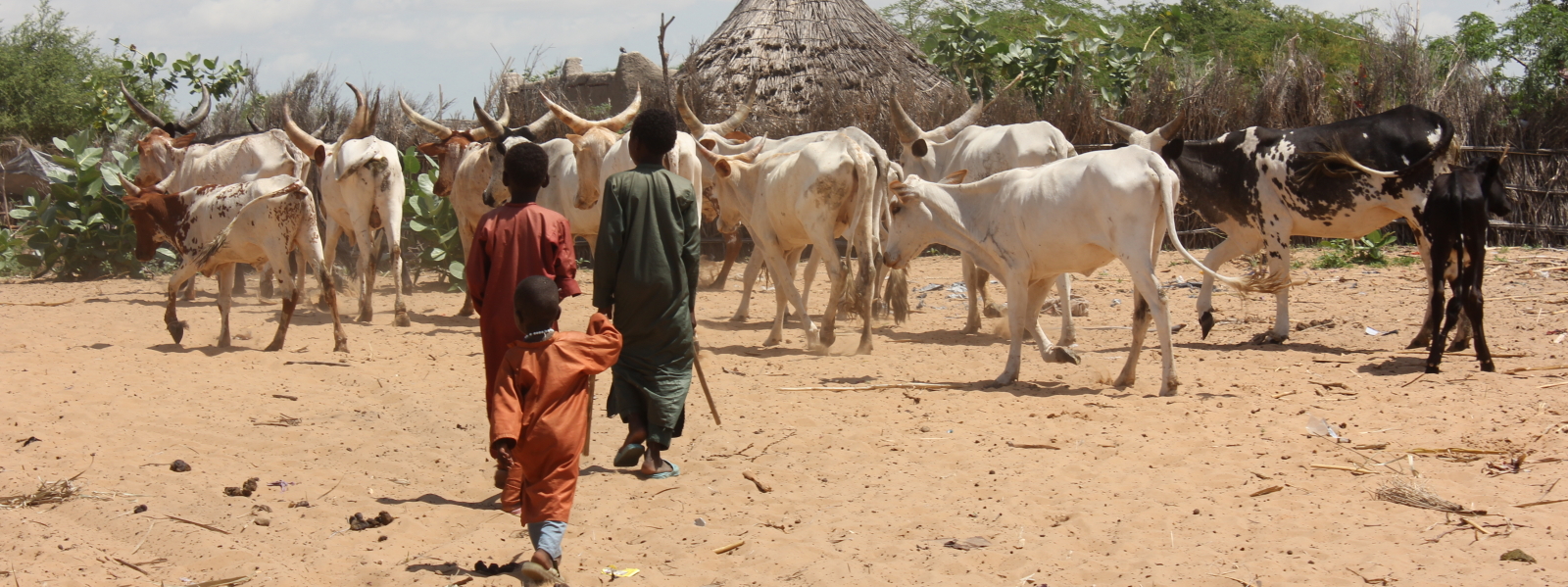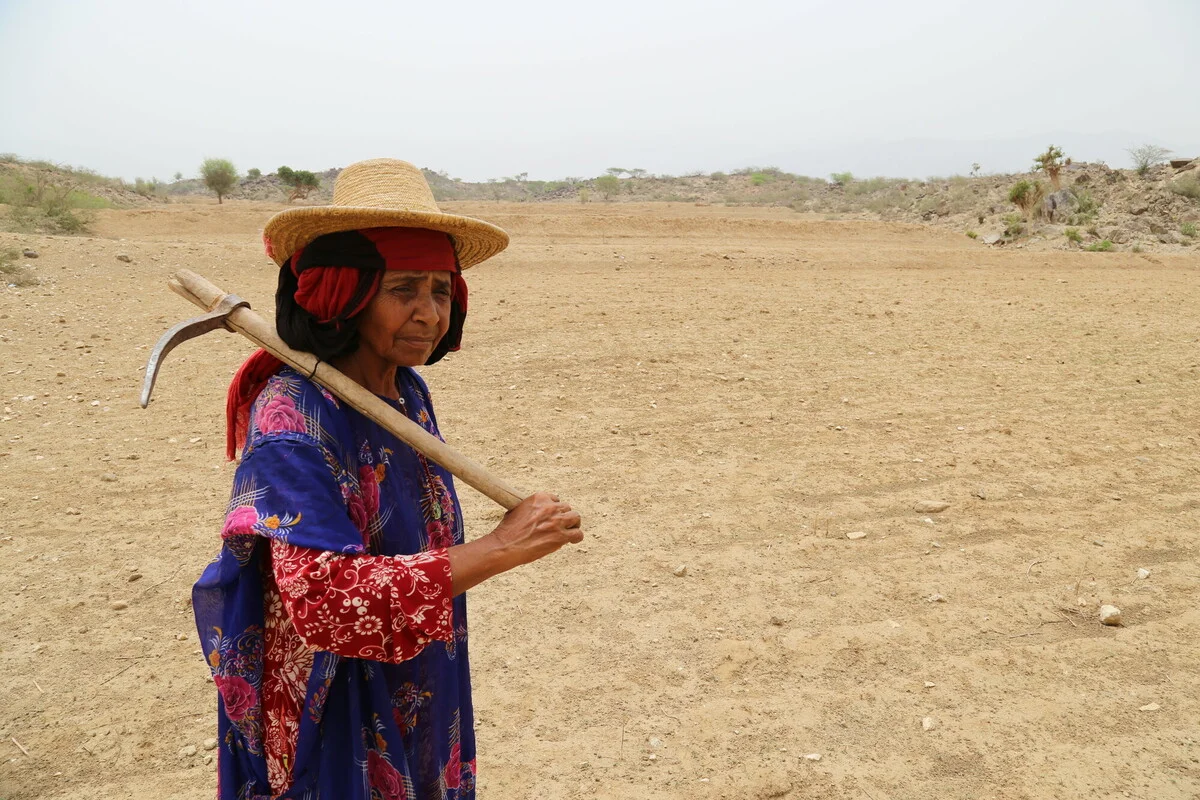“We’re back!”
These famous words by the US negotiator a few years ago, shortly after the election of Obama, had a less than positive tone for me this morning walking into the International Conference Centre, venue of this year’s UN Climate Summit.
After four intercessionals (negotiating sessions between the UN climate summits) and eleven long days of negotiations here in Durban the global community still does not have a consensus. So we’re back, hopefully, for only one more day.
These meetings normally finish late on the last day and thus I came prepared last night with a toothbrush, fresh fruit and plenty of water. However, the UNFCCC advised people at around 12:30am last night that negotiations would resume in the morning. Despite this, negotiations kept going until 3am.
So why are we still here?
The Indaba (ministerial meeting for broad political issues) resumed at around 6pm last night with small island states and LDCs saying the package was a “death sentence”. The US supported by Australia indicated support for a “legal instrument” instead of a “legal framework”. The EU stated that they could not accept this legal outcome. And so the South African presidency returned with a more ambitious text for discussions that went until around 3am last night.
This morning there has been draft text around the Long-term Cooperative Action (LCA) negotiations and future of Kyoto Protocol. The LCA text, which covers big picture issues around reducing emissions, climate finance, a peaking year to reduce emissions and future legal form, is very weak on the mitigation side, and a cop-out on shared vision. However, it does foreshadow a work program on identifying long-term sources of finance. The inclusion of a plan is a flicker of light in an otherwise dark room. As these talks still needs to work out to mobilise the 100billion per year by 2020 needed to assist poor people in developing countries adapt to climate change.
The Kyoto Protocol text calls for a 5-year continuation period but does not have a provision in the amendments for countries to adjust the emission reductions targets after they are supposed to table them in May next year.
So far Australia’s actions have been less than satisfactory. They were one of the only countries to openly support a very bad deal being botched together by the US and China. They tried very hard to spin it positively to NGOs in our stakeholder meeting yesterday.
Australia now needs to cross the hallways and join the coalition of the willing. This coalition includes the EU, AOSIS (small island states) and the LDCs (least developed countries) who have a clear proposal to establish a plan for increasing ambition to keep the door open for the world to reach the below 2 degree target.
The US and others are proposing to slam this door shut, which would have a devastating impact for the world’s poor who are already the most vulnerable to our changing climate.
Clancy Moore is blogging from the UN Climate Summit in Durban, South Africa (November 28 – December 9) as part of Oxfam’s UN Climate Tracker project.



